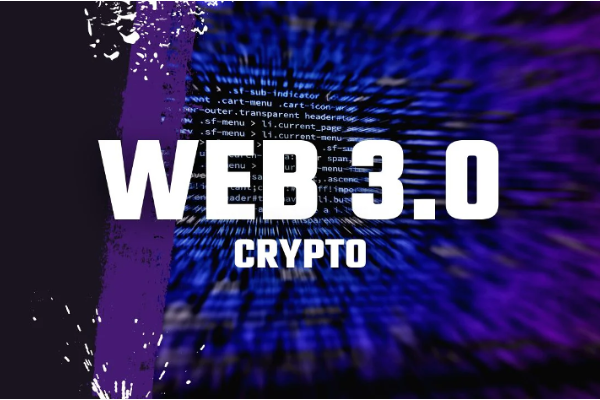SEC Chairman Atkins announces major changes to crypto regulation, ushering in a "new era" of US regulation
Paul Atkins, the new chairman of the U.S. Securities and Exchange Commission (SEC), announced at the fourth Crypto Working Group Roundtable on Monday that the agency will implement a series of major reforms in cryptocurrency regulation.
According to reports, Paul Atkins, the new chairman of the U.S. Securities and Exchange Commission (SEC), announced at the fourth Crypto Working Group Roundtable on Monday that the agency will implement a series of major reforms in cryptocurrency regulation. The move marks a fundamental shift in the SEC's regulatory strategy and heralds that the United States is entering a "new era" in the field of digital assets.Atkins made it clear at the meeting that the SEC will abandon the previous practice of "making policies through enforcement actions" and instead build a more systematic and transparent regulatory framework. He criticized the previous leadership for "paying lip service" to the crypto industry, saying that the so-called "welcome to the SEC to talk" in the past was just a superficial gesture and did not really solve the contradiction between technological innovation and compliance. He emphasized, "We can't continue to adopt an ostrich policy and turn a blind eye to technological development."Specifically, the SEC is considering three key reform measures:1. Clarify the identification standards for security tokens: The SEC will promote the formulation of clear and predictable standards to define which crypto assets belong to the category of securities. This will provide legal certainty for project parties and investors and reduce legal risks caused by unclear supervision.2. Update custody rules and explore compliant self-custody models: On the premise of ensuring the safety of investors' assets, the SEC will consider allowing self-custody under certain conditions to respond to the market's demand for decentralized asset management.3. Establish a conditional exemption mechanism for new products: To encourage technological innovation, the SEC plans to provide compliance pilot space for specific crypto projects, allowing exemptions under certain conditions, and promoting rapid testing and development of new products while controlling risks.This shift has received a positive response from the crypto industry. "This is the first time the SEC has positively acknowledged the legitimate investment opportunities brought by blockchain technology, not just potential risks," said Gene Hoffman, CEO of Chia Network. He believes that this may help the United States reverse its conservative policy disadvantage in the global crypto competition.At the same time, analysts pointed out that many crypto lawsuits initiated during the tenure of former Chairman Gary Gensler have been withdrawn after his departure, a trend that paved the way for Atkins' reforms. Some observers believe that the new regulatory direction may lay the foundation for the Trump administration's "Crypto Innovation Act" and further promote breakthroughs in U.S. crypto legislation.In general, the reforms proposed by Paul Atkins show the fundamental change in the SEC's attitude towards digital assets from "suppression" to "guidance". If this series of policies are finally implemented, it will provide a clearer development path for crypto companies and may also significantly enhance the strategic position of the United States in the global Web3 competition landscape.

Web3 ride-hailing app TADA plans to enter New York in June 2026.
27 Dec 2025

BlackRock deposits over $114 million worth of Bitcoin and Ethereum into Coinbase.
27 Dec 2025

The MEET48 2026 AI Entertainment UGC Platform and Web3.0 Development Strategy Launch Conference was held in Seoul, with technical support provided by BNB Chain.
27 Dec 2025

ABN AMRO, a Dutch bank, received MiCAR approval and launched blockchain-based derivatives.
27 Dec 2025

The People's Bank of China (PBOC) released a new version of the "Business Rules for the Cross-border RMB Payment System," explicitly including the Digital Currency Research Institute within the scope of the notification.
26 Dec 2025

Putin: The US has expressed interest in conducting cryptocurrency mining near the Zaporizhia nuclear power plant.
26 Dec 2025

Japan's next year's budget will nearly triple support for the chip and AI sectors.
26 Dec 2025

Ministry of Industry and Information Technology: The core artificial intelligence industry will exceed one trillion yuan in scale this year.
26 Dec 2025

